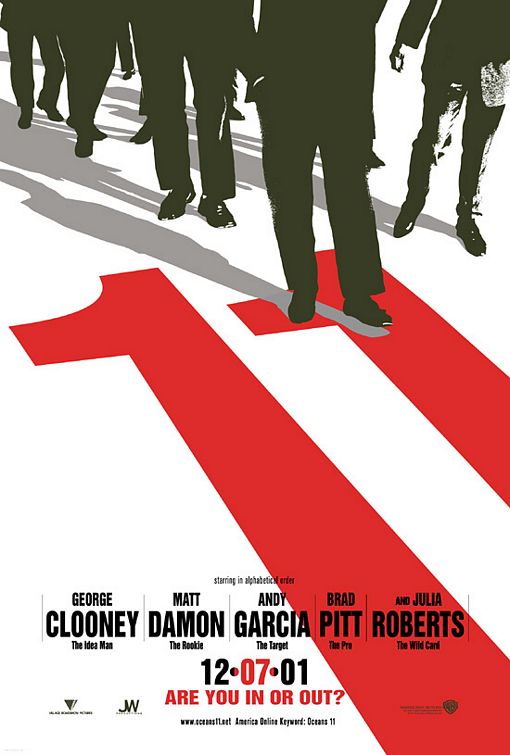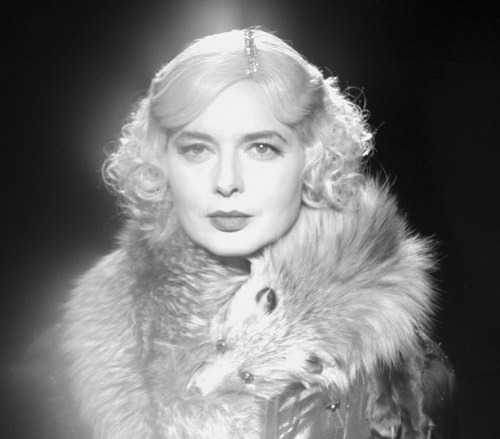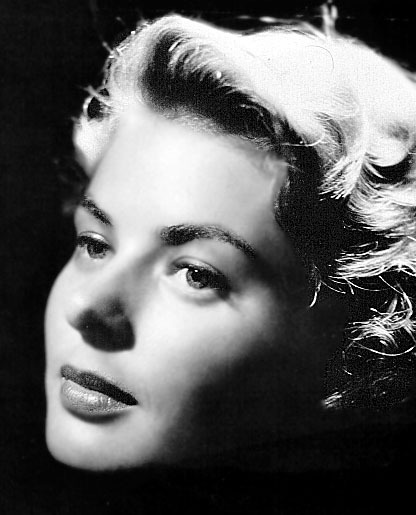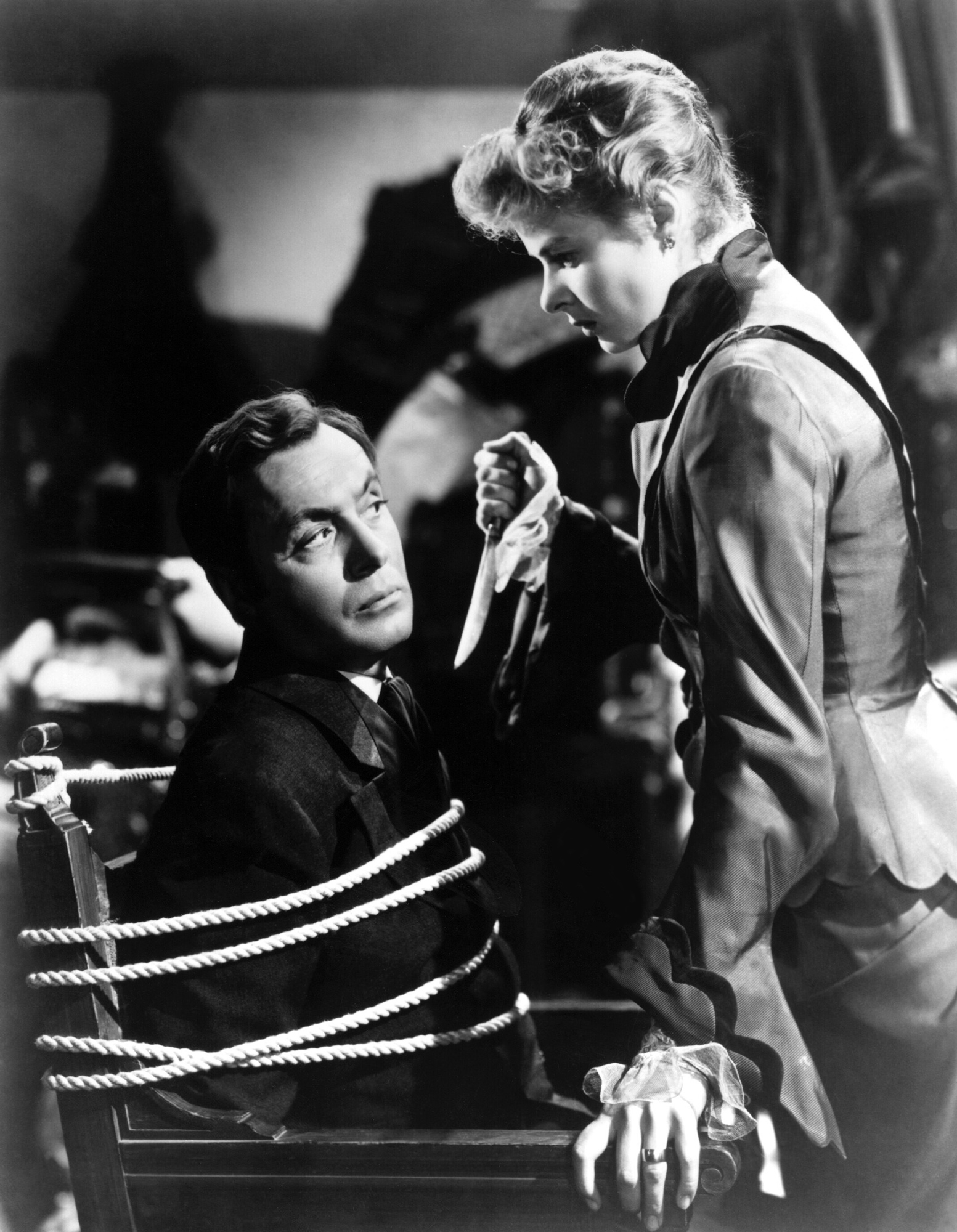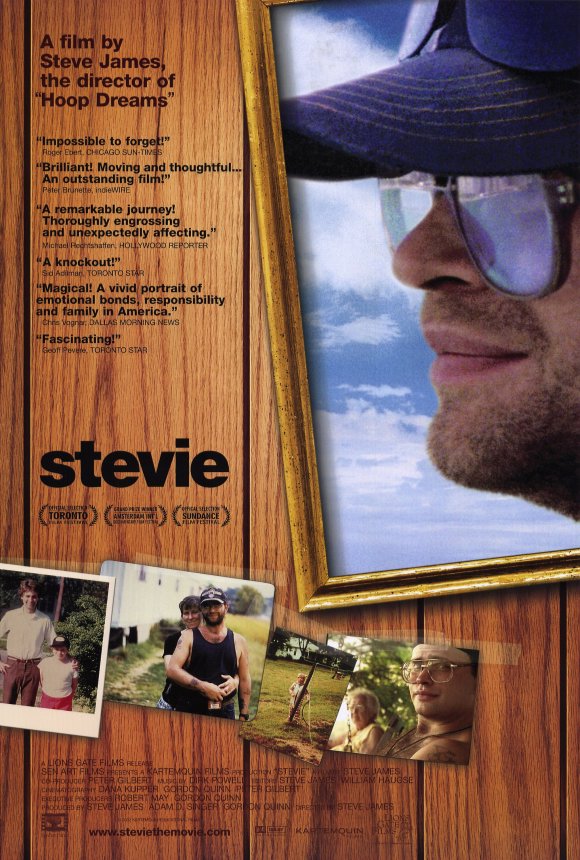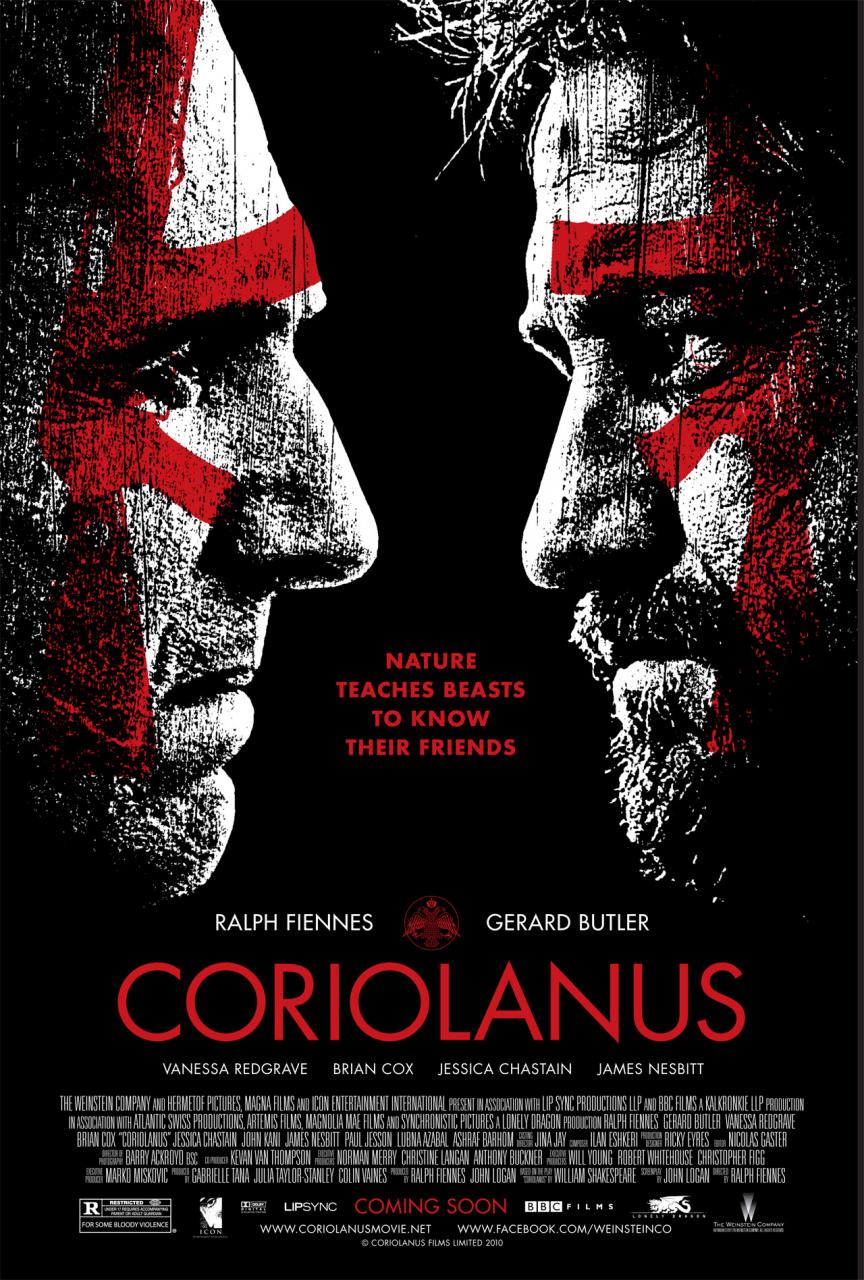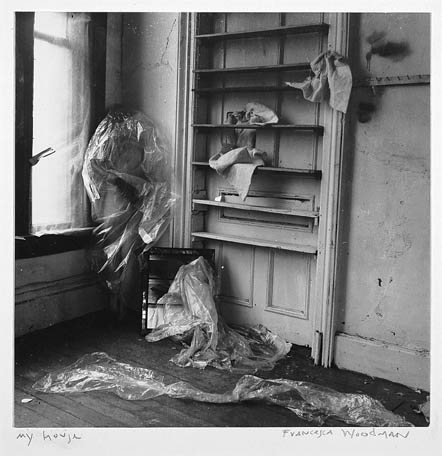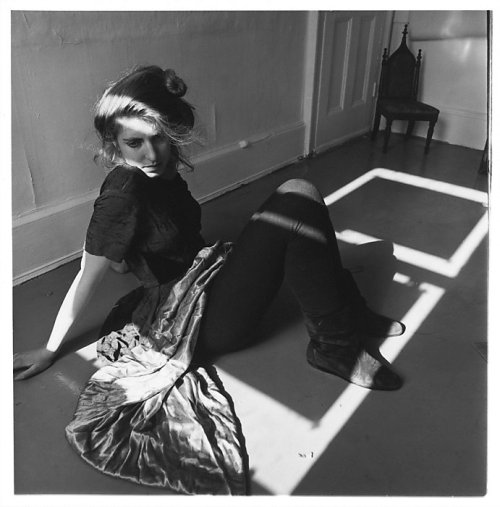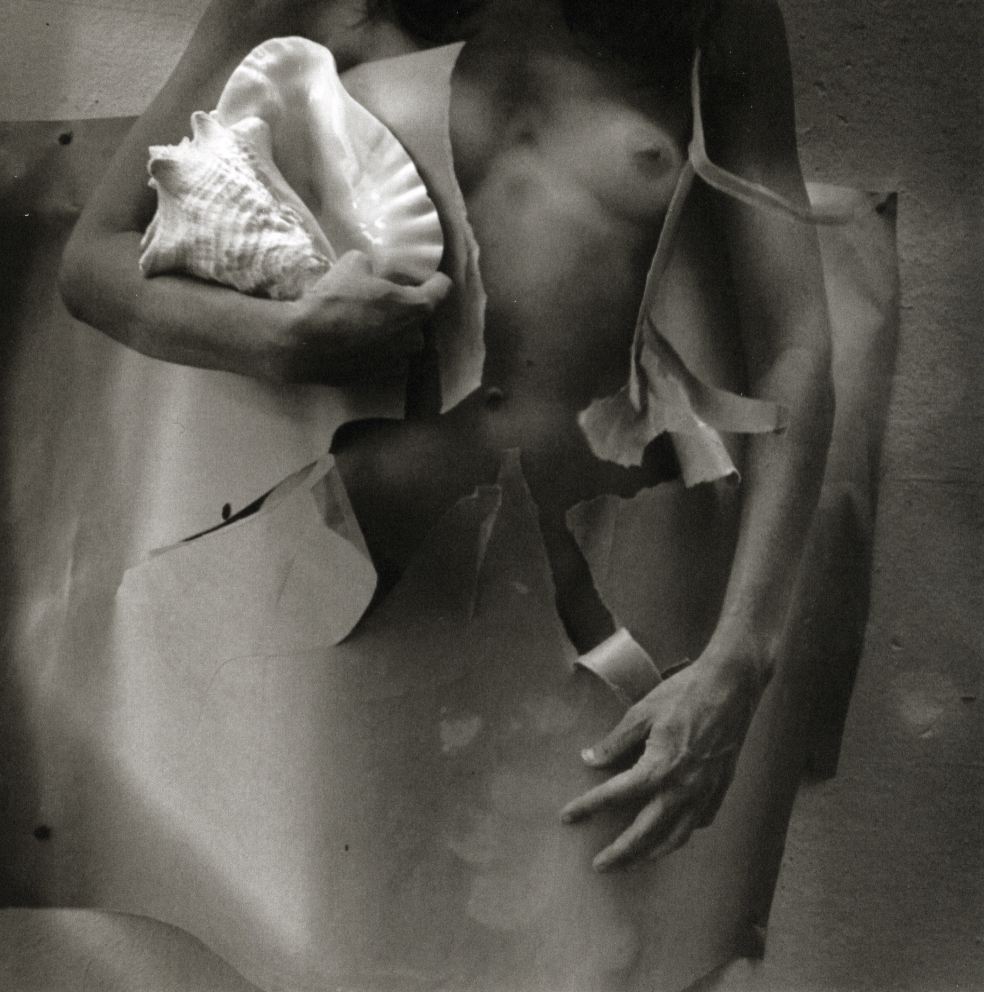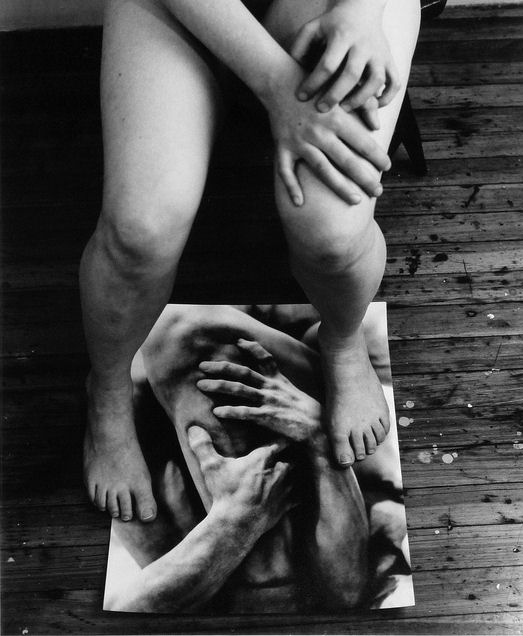directed by Isabel Coixet (2003)
It made me cry. I give props to a movie that can do that. Even if it's just a hitch in my chest or a moistening at the corner of my eyes, it's something to be able to move someone emotionally. Maudlin melodrama, aw.
I figured going in that this would make me cry though. I mean c'mon it's got a Sarah Polley as a young mom dying of cancer? How could it NOT make me cry. I ditched it at the VIFF when it played because I was already seeing too many movies making me sad that year, plus viewing opportunities were bound to come around again.
Sarah Polley plays Ann, a blue collar young mom who works the night shift cleaning (with Amanda Plummer) at a university,. (SFU - this film was shot in Vancouver.) She's got 2 young daughters, a husband, (Scott Speedman), who loves her and a mom, (Deborah Harry), who does too, but doesn't know how to show it very well. Also her father, (Alfred Molina uncredited), is in jail.
She finds out she's dying and makes her bucket list. It's a simple list. She doesn't want a lot of stuff, just some experiences, to set her husband up with someone new, and to leave messages for her children. She loves her kids and husband, and what she wants doesn't dilute that love. Even though I thought it was unrealistic that she had this much control around her illness, keeping it so secret. That felt a little wrong, but still, I can understand wanting to protect your family from the grief and worry of a protracted illness. I think though that hiding terminal illness is also denying them the experience of gradually coming to terms with that coming death. Death is painful, and a quick death is not necessarily better than one where you see it a long ways off. It's just a different experience. I'm guessing that at some point she wouldn't be able to hide it, but that part of the story doesn't happen on film.
It's not really believable, I mean it is - on a story level, you can buy this happening. It's based on a short story so obviously it's believable that someone wrote it, and it's believable on a general character arc level too, but on a more realistic level, I think you'd see more fighting to live and checking out your options, also asking for support from your family. When you hear a doctor, (Julian Richings), in a pretty awesome role), say you're too young and too full of cancer for us to do anything, I call bullshit that you don't get a 2nd opinion. Maybe that reaction makes more sense in a country without socialised medicine, but whatever, she just snap, decides well I'm dying I guess I have a big secret now, like she was all prepared and just waiting for the opportunity to run the bucket list down. Naw, that's too harsh. She does contemplative in a coffee shop marking down her wants, and I think they just didn't belabour the internal dialogue she had on coming to terms with the idea of the inevitability of her death. They just had her narrate on the fact that she didn't want her family's last days with her to be filled with worry.
She's pretty selfish too. Her bucket list stuff is all self interested, but that's okay, she's young and naive. She talks about not doing drugs in high school except taking hits off her husbands joints and not inhaling, like that president, Bill Clinton. She's not very edjumacated eh? And she's fucking DYING. I don't begrudge self interest in that scenario.
Two months to live and she wants to fall in love and make a guy fall in love with her. Which makes for the weirdest fucking romance ever. DOOMED romance, some people might think it's super romantic, but It thought it was a fucking asshole thing to do - make a guy fall in love with you, and fall in love with him when you are dying! And that's what makes it OK to be such a jerk - oh you're dying I forgive you. It's a pretty sweet romance though, and I felt so sorry for Mark Ruffalo! Still they give each other lots, even though their time together is brief, and like I said this is a story, and besides, the time she spent with him, seemed to be time when her kids and husband weren't around anyhow. Yay for daytime adulterous romance!
It's selfish wanting to make a guy fall in love with you when you've already got a man who loves you. But you met your husband at the last Nirvana concert ever when you were 16? 17? And you've never even complained about not ever having anything new or going on vacation or living in a trailer behind your mom's house, or working a minimum wage dead end job, or, or, whatever else that's shitty in her life. She could be a total bitch and a whiny titty baby about her hard luck life but she's actually fairly happy and content, appreciating her kids and her man, and she didn't need to f'n DIE to get that. She isn't even very pissed off about dying. All she wants to do is dance, and make romance. WTF?!! That's really the main thing that bugged me. She was so already there in terms of accepting her death. I'd have liked to see more process around that. That didn't feel real. She was too calm and zen. Not that there's anything wrong with that, just it seemed unrealistic.
It is passionate and romantic and that zen deliberateness is a slow burn that hadt me thinking about the film long after I watched it. It's a good film that I enjoyed, and I liked the soundtrack too.
There's a thread on imdb where her bucket list totally gets slammed for being slack compared to Homer Simpson's. I felt some of the same indignation and judgement, but I still think the movie is a good watch.
RIP my sweet baby kitty (final post April 10, 2012)



